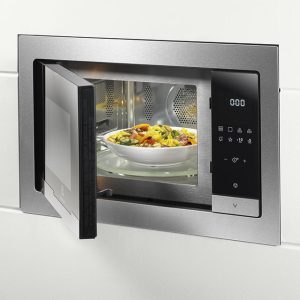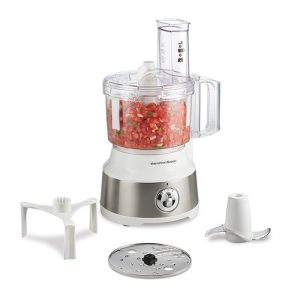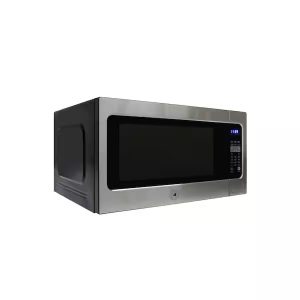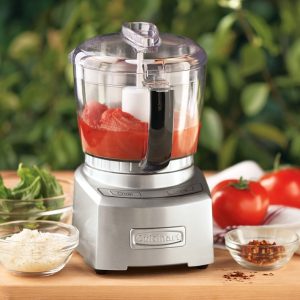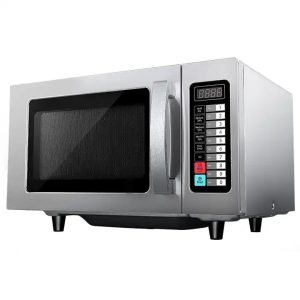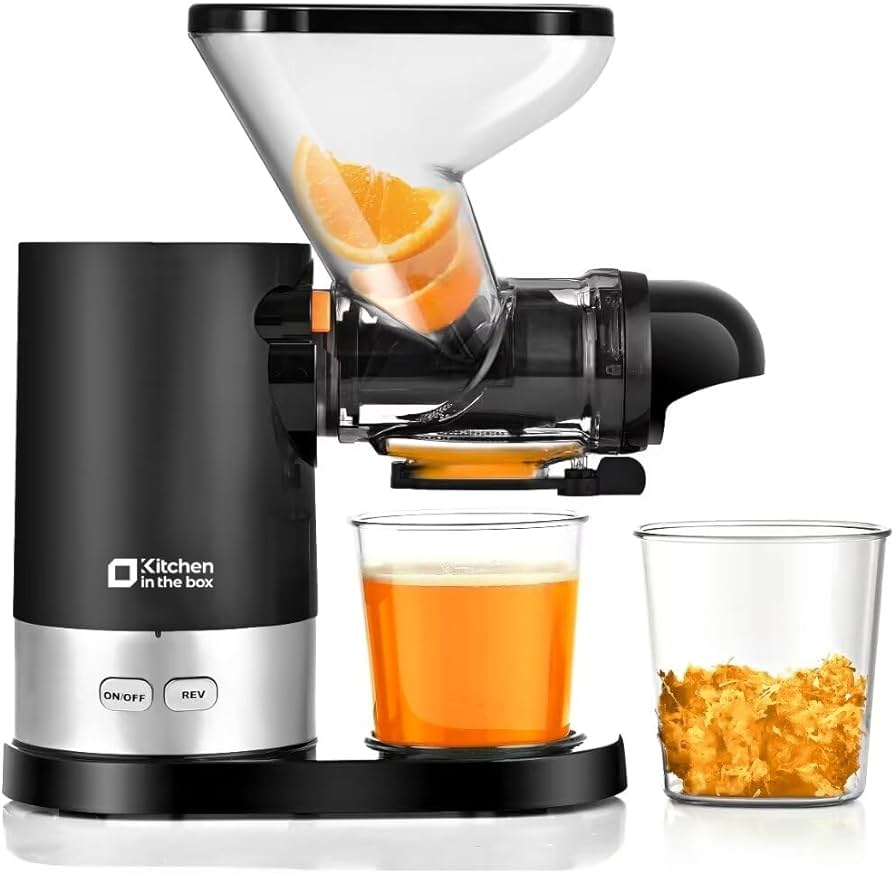
Introduction:
Choosing between a centrifugal juicer and a cold press (masticating) juicer can be challenging due to the distinct advantages each type offers. Both have their unique mechanisms, features, benefits, and limitations. In this comprehensive guide, we’ll explore the key differences between centrifugal and cold press juicers, examining their functionalities, juice quality, ease of use, and more to help you make an informed decision that suits your juicing needs.
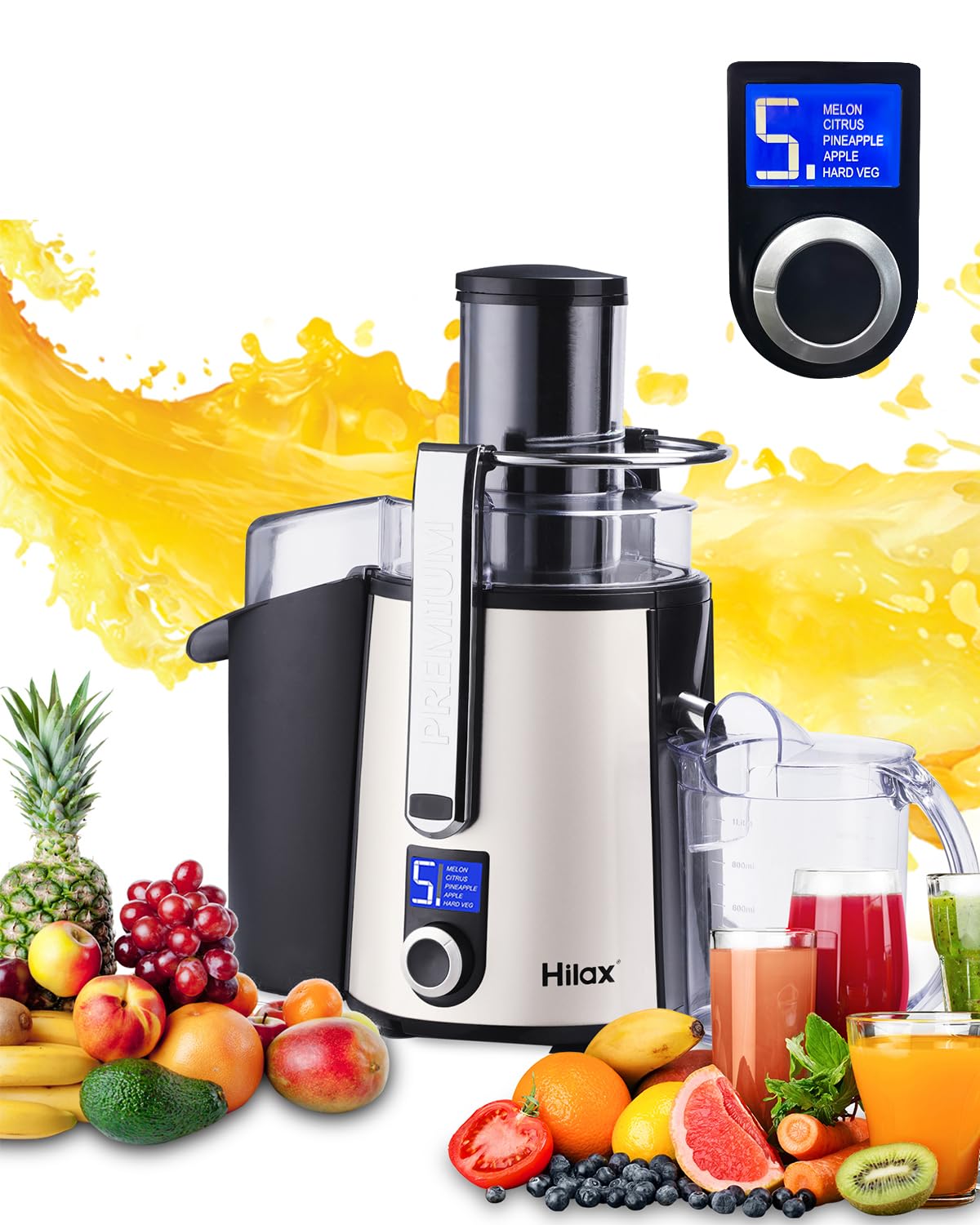
Centrifugal Juicer vs Cold Press: What Are the Key Differences?
Understanding the Mechanism: How Do They Operate?
To appreciate the differences between centrifugal and cold press juicers, it’s essential to understand how each type operates.
Centrifugal Juicer: Centrifugal juicers use a high-speed spinning blade to chop up fruits and vegetables. The produce is fed through a feeding chute and comes into contact with the blade, which spins at high revolutions per minute (RPM). The juice is then separated from the pulp by a fine mesh filter through centrifugal force. The juice passes through the filter and is collected, while the pulp is ejected into a separate container.
Cold Press Juicer (Masticating Juicer): Cold press juicers operate at a much slower speed, using a single gear (auger) to crush and press the produce. The produce is fed into a chamber where the auger rotates slowly, crushing the fruits and vegetables and squeezing out the juice. This method produces minimal heat and oxidation, preserving more nutrients and enzymes. The extracted juice and pulp are separated and collected in different containers.
Juice Quality and Nutritional Value: Which is Better?
The type of juicer you choose can significantly impact the quality and nutritional value of the juice.
Nutritional Preservation: Cold press juicers are known for their ability to preserve the nutritional integrity of the juice. The slow, gentle extraction process minimizes heat generation and oxidation, which helps retain delicate enzymes, vitamins, and minerals. In contrast, centrifugal juicers generate more heat due to their high-speed operation, which can lead to nutrient degradation and lower enzyme activity.
Juice Texture and Yield: Juice produced by cold press juicers typically has a smoother texture and higher yield compared to centrifugal juicers. Cold press juicers excel at extracting juice from leafy greens, wheatgrass, and fibrous vegetables, resulting in a drier pulp and more juice extracted. Conversely, centrifugal juicers may struggle with leafy greens and often produce a coarser juice with more foam and a lower yield from the same amount of produce.
Oxidation and Shelf Life: Due to the lower levels of oxidation, juice from a cold press juicer tends to have a longer shelf life, staying fresh for up to 72 hours when stored properly. The higher oxidation levels in centrifugal juicers lead to faster spoilage, meaning the juice should ideally be consumed immediately or within 24 hours.
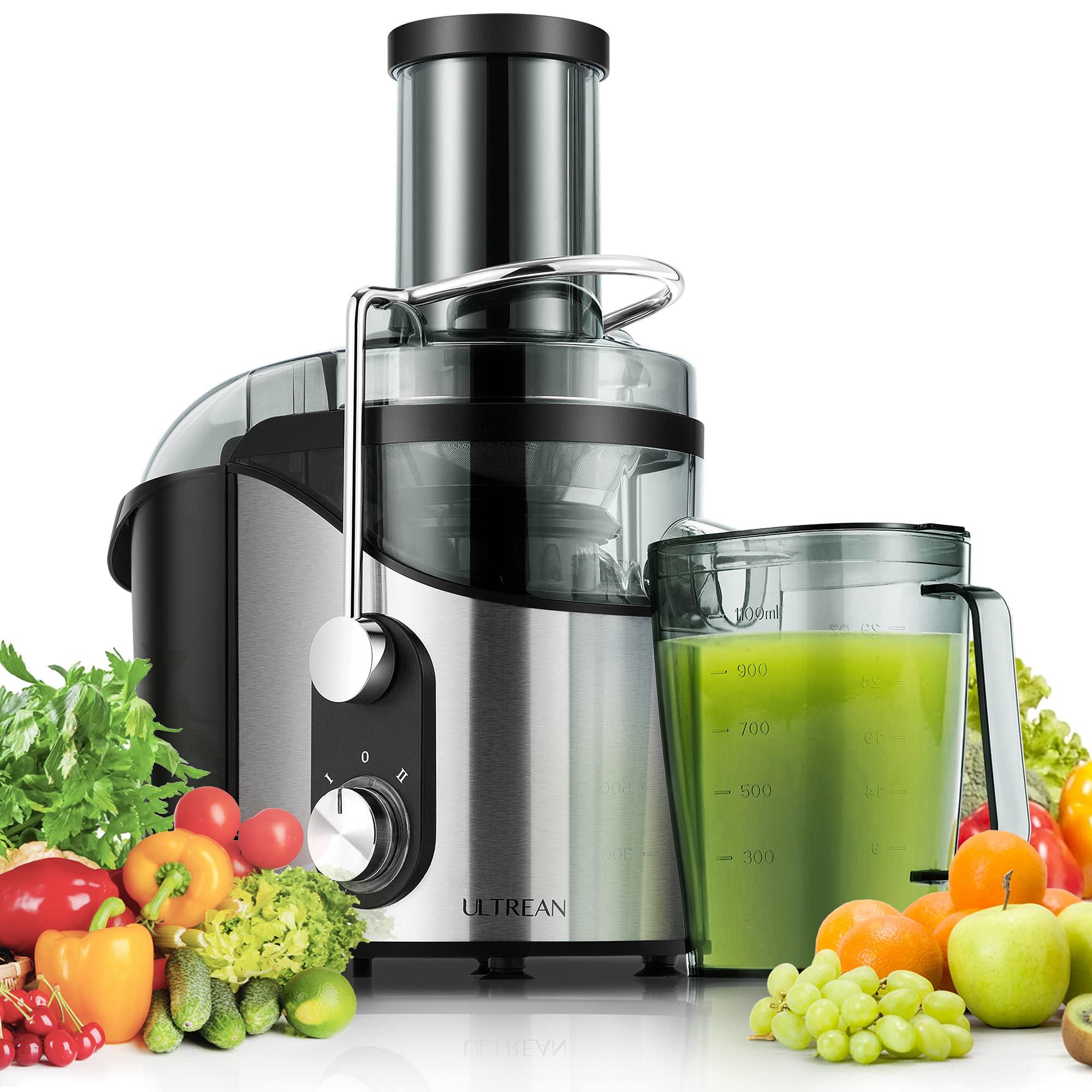
Ease of Use: Which is More Efficient?
Ease of use encompasses the setup, operation, and cleaning process of the juicers, influencing how user-friendly each type is.
Setup and Preparation: Centrifugal juicers are typically easier and quicker to set up. Their larger feeding chutes can accommodate whole fruits and vegetables, reducing the need for extensive chopping and slicing. This makes the preparation process faster and more convenient. Cold press juicers, however, often have smaller feeding chutes, requiring more manual preparation and cutting of produce to fit the chute.
Juicing Speed: Centrifugal juicers operate at high speeds and can produce juice quickly, making them ideal for users who need a fast, efficient juicing process. The high RPM allows these juicers to handle large quantities of produce in a short time. Conversely, cold press juicers work at a slower pace, which can be time-consuming, but the thorough extraction process results in higher quality juice.
Cleaning and Maintenance: Cleaning centrifugal juicers is usually straightforward due to their fewer parts and larger components. Many parts are dishwasher-safe, and the quick disassembly process makes cleaning relatively hassle-free. Cold press juicers, on the other hand, have more intricate parts and components, which can make cleaning more labor-intensive. However, many models include cleaning brushes to ease the process.
Noise Level: Which is Quieter?
Noise level is an important consideration, especially if you prefer a quieter kitchen environment.
Operational Noise: Cold press juicers operate at a lower decibel level due to their slow-speed extraction process. They produce a gentle hum, making them ideal for early mornings or late evenings without disturbing others. In contrast, centrifugal juicers are significantly louder because of their high-speed motor and spinning blade, producing a noise similar to a blender or food processor.
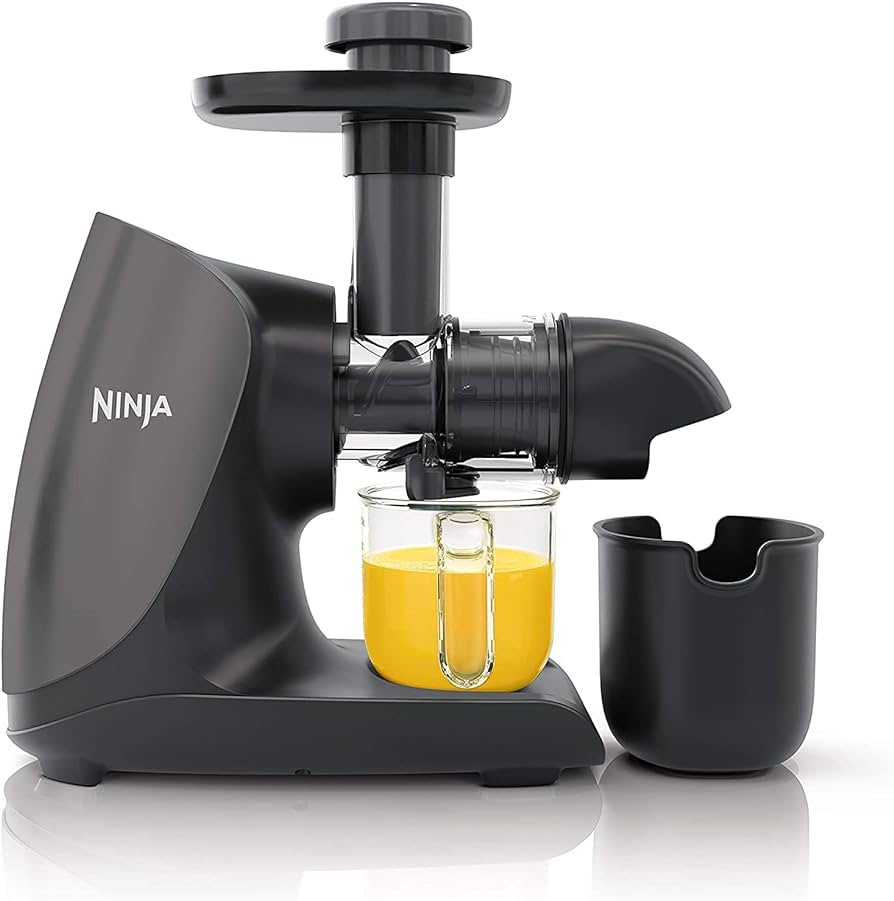
Durability and Longevity: Which Lasts Longer?
The durability and longevity of a juicer depend on its construction, design, and how it’s used.
Build Quality and Materials: Cold press juicers are generally built with high-quality materials designed to withstand the rigors of slow, continuous juicing. The low-speed operation reduces wear on the motor and internal components, contributing to a longer lifespan. Centrifugal juicers, being more affordable, sometimes use less robust materials. The high-speed operation can lead to faster wear and tear on blades and motors, potentially shortening the lifespan.
Maintenance and Parts: Cold press juicers may require more careful maintenance due to their complex components. Regularly cleaning and properly assembling the parts extend their life. Some parts, like the auger, may need periodic replacement. Centrifugal juicers, with their simpler design, are generally easier to maintain but may require more frequent blade replacements due to the wear from high-speed operation.
Versatility and Function: What More Can They Offer?
Versatility in juicers allows for a wider range of culinary applications beyond simple juicing.
Cold Press Juicer Functions: Cold press juicers are highly versatile and can be used for more than just juicing. Many models come with attachments and settings for making nut milk, baby food, sorbets, pasta, and even grinding coffee beans. This multifunctionality makes them valuable kitchen appliances for those looking to expand their culinary repertoire.
Centrifugal Juicer Functions: Centrifugal juicers are primarily designed for juicing and have fewer additional functionalities compared to cold press juicers. They excel at quickly juicing hard fruits and vegetables like apples, carrots, and beets, but lack the versatility to process nuts, seeds, or grains. For users who primarily need a juicer for everyday beverages, centrifugal juicers suffice.
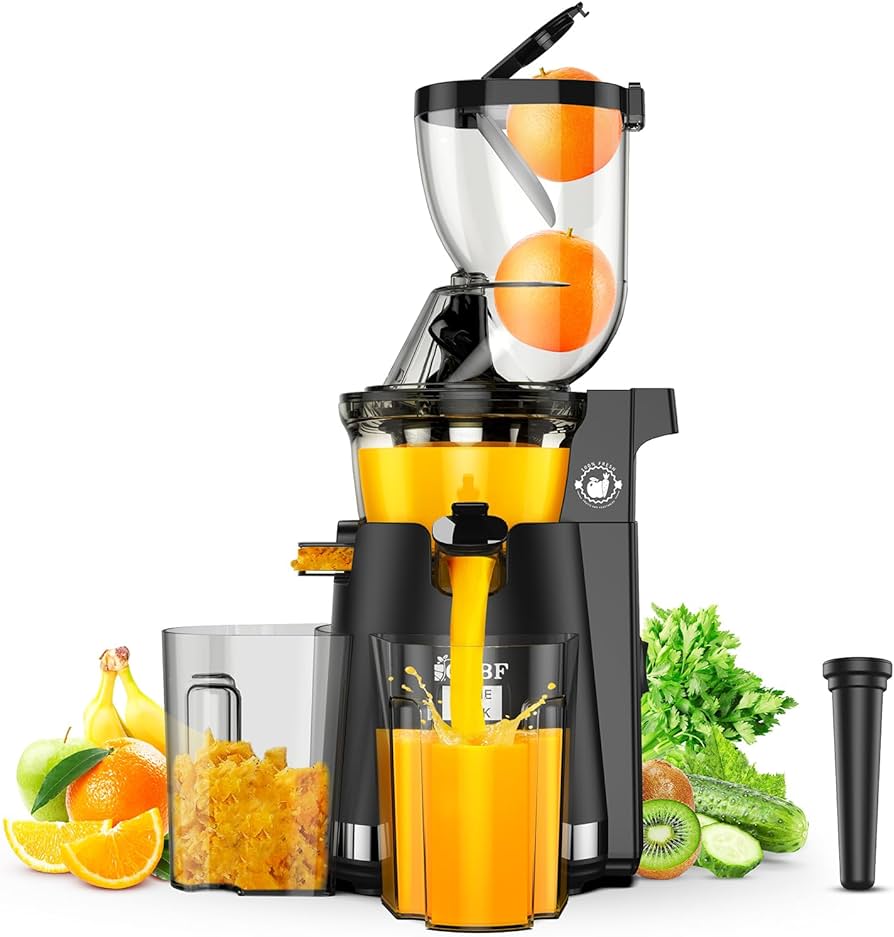
Cost Considerations: Which Offers Better Value?
Cost is a significant factor when choosing a juicer, including both the initial investment and long-term value.
Initial Cost: Cold press juicers typically come with a higher price tag due to their advanced extraction technology and durable construction. They are considered an investment for those serious about juicing and willing to pay a premium for higher quality. Centrifugal juicers, on the other hand, are more affordable and accessible, making them attractive to budget-conscious consumers or those new to juicing.
Long-Term Value: Despite the higher upfront cost, cold press juicers often provide better long-term value due to their durability, higher juice yield, and additional functionalities. The superior juice quality and nutrient retention can justify the investment for regular users. Centrifugal juicers, while cheaper initially, may incur higher long-term costs due to more frequent replacements of blades or the entire unit, particularly with heavy use.
Environmental Impact: How Eco-Friendly Are They?
Environmental considerations can influence the choice between a centrifugal and cold press juicer.
Energy Efficiency: Cold press juicers are generally more energy-efficient due to their slow-speed operation, drawing less power compared to the high-speed motors of centrifugal juicers. This lower energy consumption can be beneficial for those looking to reduce their environmental footprint.
Waste Generation: Cold press juicers tend to extract more juice and leave drier pulp, resulting in less waste per amount of produce used. This efficient extraction process maximizes the value of fruits and vegetables. Centrifugal juicers, with their lower yield, produce wetter pulp and higher amounts of waste, leading to less efficient use of produce.
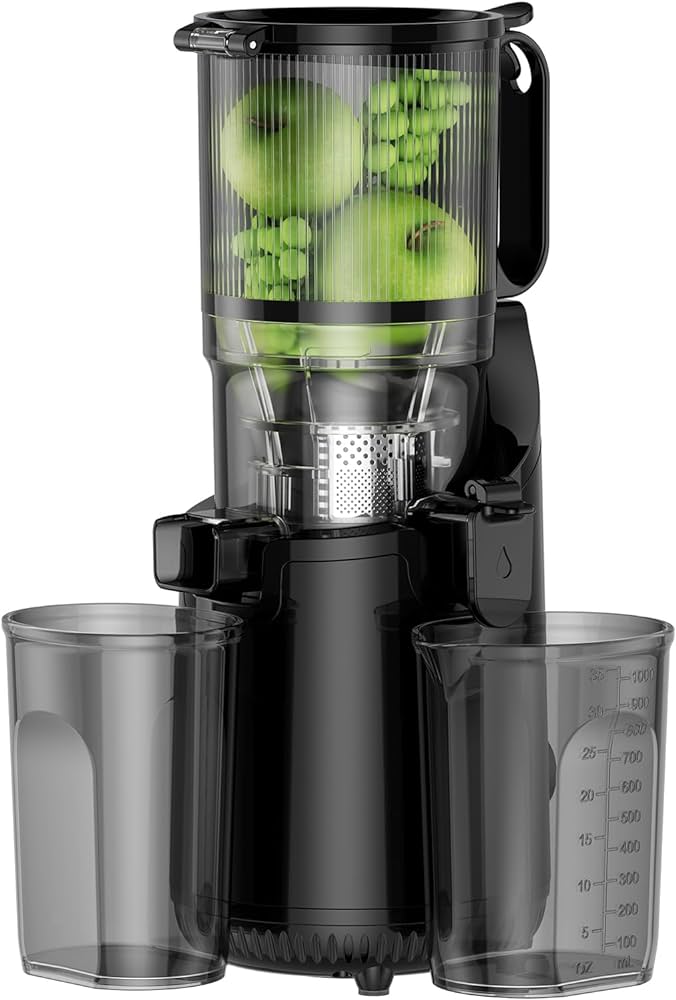
User Experiences and Feedback: What Do Users Report?
User feedback provides valuable insights into the practical advantages and challenges associated with each type of juicer.
Cold Press Juicer Reviews: Users often praise cold press juicers for the superior quality of juice and nutrient retention. They appreciate the ability to juice a wide variety of produce, including leafy greens and wheatgrass. Common challenges include the slower juicing process and more involved cleaning routine.
Centrifugal Juicer Reviews: Centrifugal juicer users highlight the speed and convenience of these machines, making them ideal for quick juicing sessions. The ease of use and simpler cleaning process are frequently noted benefits. However, users often mention the higher noise levels and lower nutrient preservation as drawbacks.
Conclusion
Both centrifugal and cold press juicers offer unique benefits tailored to different juicing needs and preferences. Centrifugal juicers are excellent for quick, efficient juicing of hard fruits and vegetables, providing a budget-friendly and user-friendly option.
